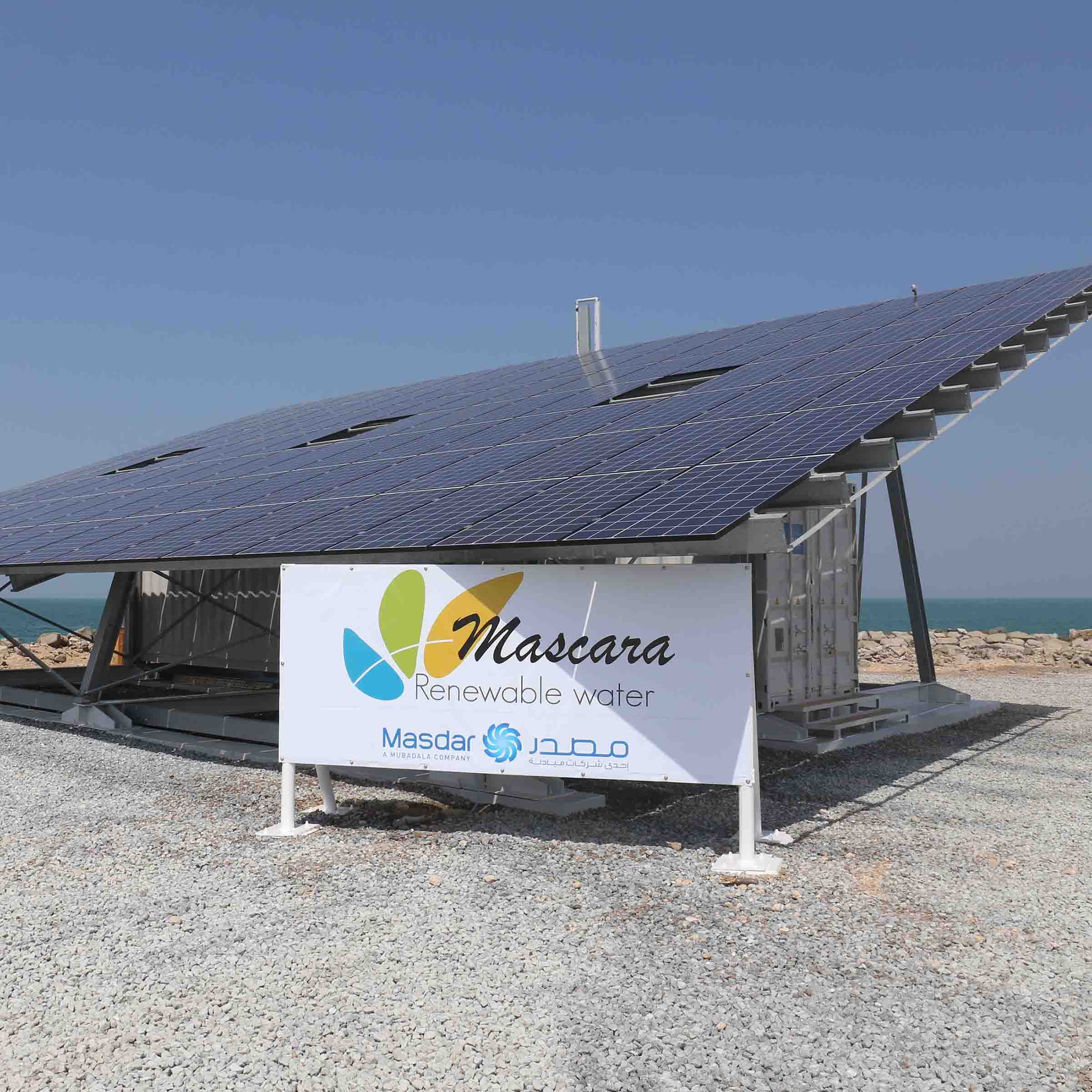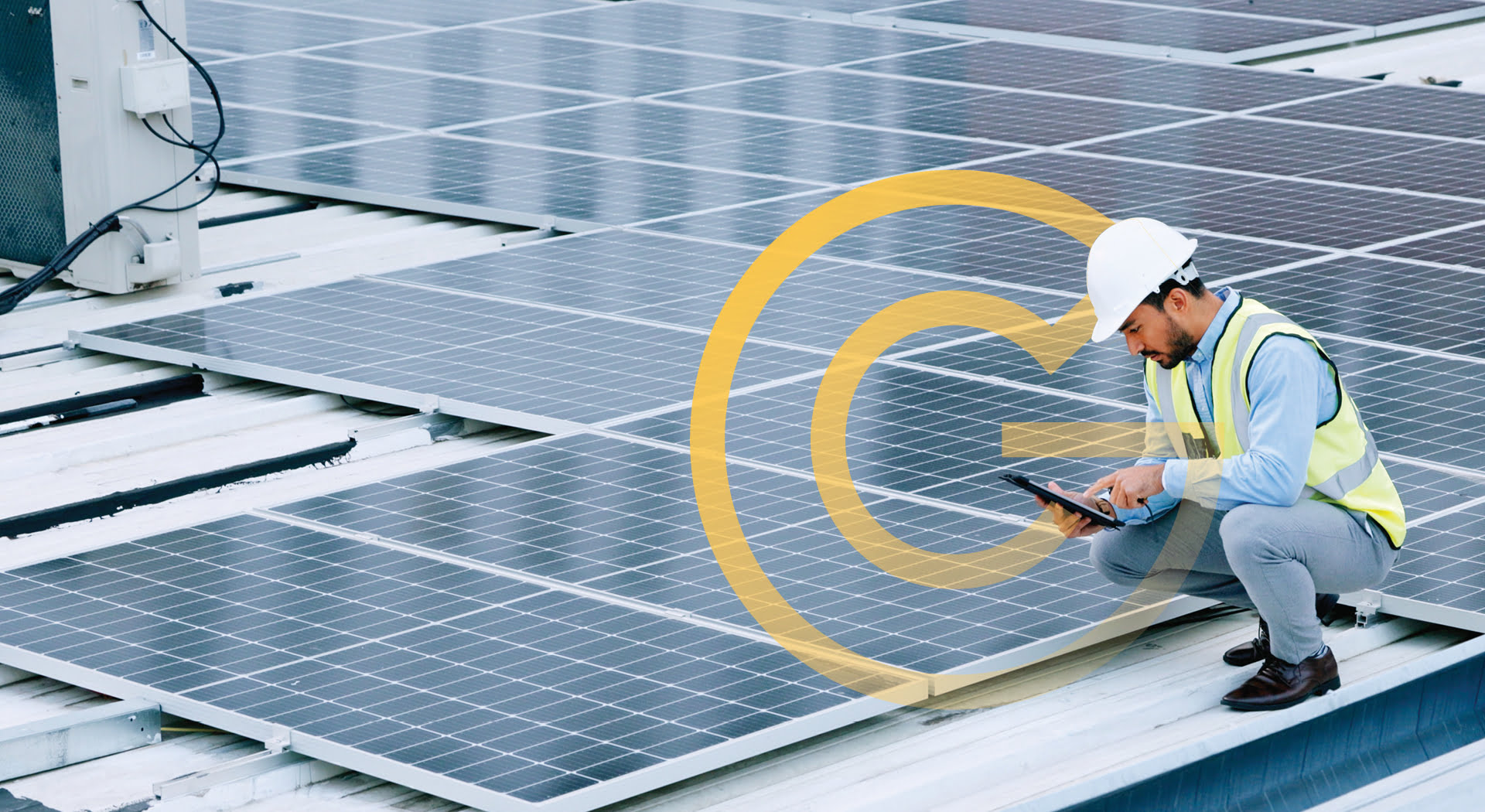The first highly cost-effective solar powered desalination plant in South Africa will be commissioned by the end of October 2018 at Witsand, Hessequa Municipality, Western Cape.
The project was initiated by Prof. Erwin Schwella, Professor of Public Leadership at Stellenbosch and Tilburg Universities with the Municipality of Hessequa. This project is co-funded by the Western Cape Government through the drought relief fund, and by the French Treasury, through a fund dedicated to the implementation of innovative green technologies.
In this Municipality 250km east of Cape Town, several coastal villages are suffering from a structural water deficit, even outside of drought periods. A site, part of Witsand village suffering from critical water shortages, was designated for the implementation of this first solar powered desalination unit. The plant will produce 100kl of fresh water per day powered by the solar energy only, to address the normal local water requirement. The plant offers the possibility to supply drinking water besides sunlight hours through the connection to the local electricity grid. The feature will be specifically used to address the December holiday peak period with a daily production capacity increased to 300kl.
The technology, OSMOSUN®, developed by the French Company Mascara Renewable Water and brought to South Africa by their local partner TWS-Turnkey Water Solutions, is the world’s first reverse osmosis desalination technology coupled with photovoltaic solar energy without batteries, designed to supply coastal or borehole-dependent communities, with drinking water at a competitive price and without CO2 emissions.
An intelligent system of membranes enables the plant to cope with variations in solar power availability: all parameters are instantly optimized to ensure the best energy performance and simultaneously to guarantee the maximum lifetime of both installation and membranes.
Mascara Renewable Water already have several key-references worldwide, for both seawater and brackish water solar powered desalination: in Abu Dhabi, Bora-Bora (French Pacific island), Rodrigues (Mauritius), Mozambique (Gaza Province, 6 plants).
“The shortage of water in the Western-Cape is a harsh reality and only by implementing preventative measures, Hessequa municipality will be able to create water resource stability in our region. The Municipality is utilising innovative ideas in combating the effects of climate change, by taking the frontrunner approach in establishing public-private intergovernmental relationships and joint ventures. These partnerships will ensure a green economy that aims at reducing environmental risks and ecological scarcities.” says Hessequa Executive Mayor Grant Riddles.
Marc Vergnet, Mascara’s CEO concludes: “The sun has been desalinating oceans for millennium, Mascara is delighted to provide its nature-inspired resilient solution to do its share to sustainably alleviate the water crisis of the region.”.
The project not only constitutes a highly innovative model in terms of Franco-South African cooperation, but its sustainable and decentralized production of drinkable water could be replicated in a highly cost-effective manner for communities along the South African coastline, as well as inland, anywhere with sufficient brackish water available. The future of desalination is solar, this project will be the demonstration of it.



